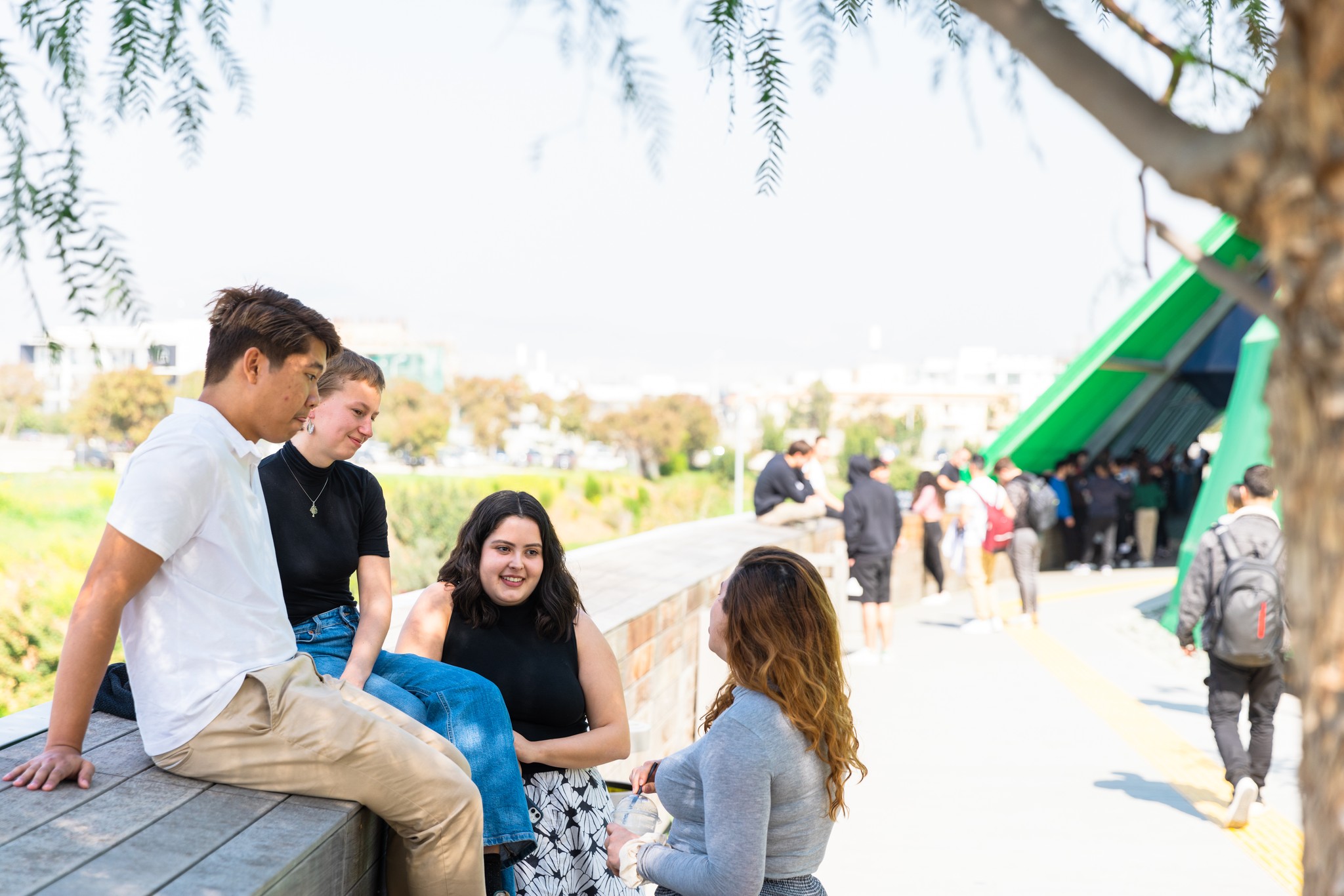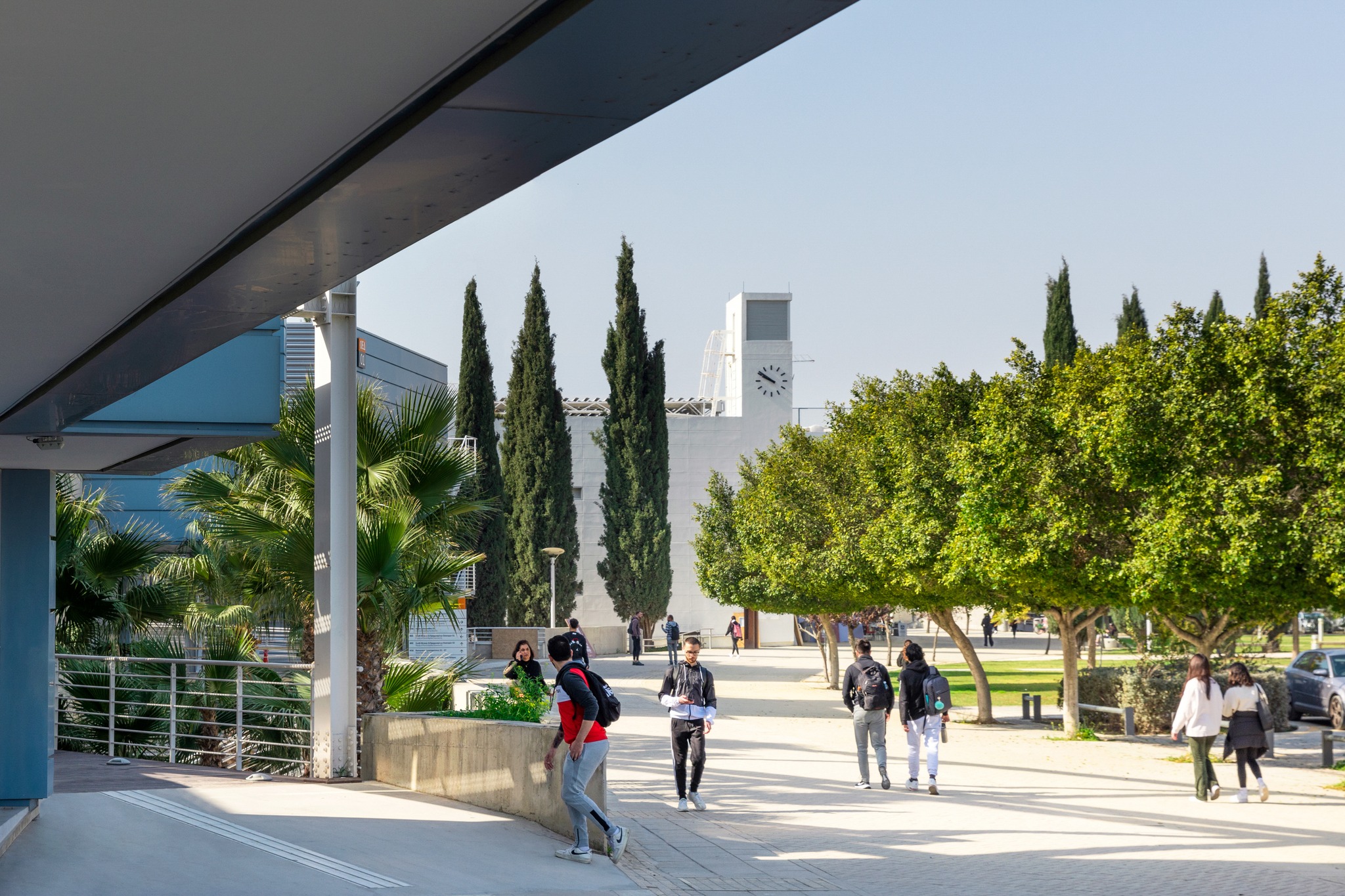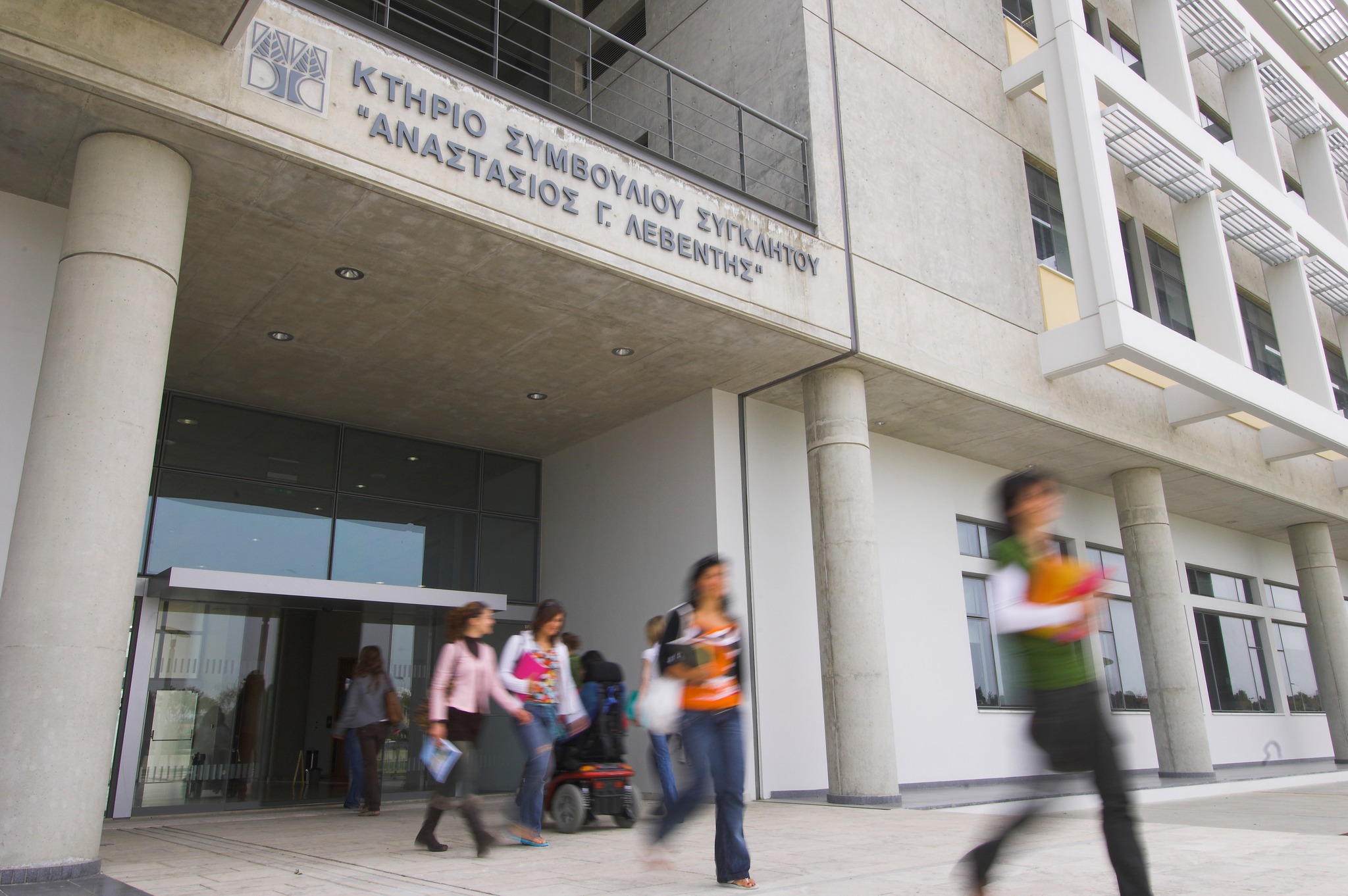With Brexit affecting options, it is unclear if many are beating a path to state unis, while suggestions to provide courses in English remain in the balance
Following Brexit, it would have been reasonable to assume students leaving private schools would no longer head in such droves to the UK. But whether that has led to an increase in them attending the University of Cyprus remains unclear. Do they instead head for private universities on the island where they can continue to study in English? Or have they just turned to other parts of Europe instead?
“UK university prices rose after Brexit, although there are still some students that prefer to go to universities there regardless,” director of Eurostudiescy Charalambos Papagiannis says, while European universities that have lower fees have also grown in popularity.
But this, he said, has not resulted in a clear pattern at UCy, where bachelors courses are free. “One year the numbers are higher, the next lower,” senior officer of undergraduate studies at UCy Katerina Evangelou Symeonidou adds.
One who has taken the plunge is graduate from the American Academy in Larnaca, Rafailia Maria Kaloudi. She gained her place a few weeks before the academic year started, among those who had the best A-Level results being offered the final places at UCy.
“I wanted to study in the UK but due to Brexit and high tuition fees, I decided to study in Cyprus although I wasn’t sure about UCy because of the language barrier,” she says.
Andrea Constantinou also from the American Academy in Larnaca is now in her second year of a law degree at UCy, and was again moved to study there after Brexit saw UK fees escalate.
“I was considering either UCy or a private university in Cyprus, but in the end I chose UCy because of the university’s reputation.”
After studying for seven years in English, Rafailia initially found the transition to Greek difficult. “My first year at the university wasn’t a great experience, due to the sudden change of language”.

Rafailia said she found it hard to understand some words and even had trouble writing a sentence during the exam, while some of the staff were less than helpful when she asked for an explanation in English, “thinking it would be unfair for the rest of the class.”
The majority of undergraduate students at UCy are admitted through Pancyprian examinations taken at state schools.
But there are three acceptance procedures private school students can follow instead, says UCy’s Maria Solomonidou.
These students must be Cypriot, repatriated Cypriots, Cypriots who are permanent residents abroad, those with dual nationality, Greeks, including those from the diaspora, or children of Cypriot diplomats. They can apply to UCy using results from international examinations.
Those who apply in April using these exam results account for three per cent of places made available to those sitting the Pancyprians.
They can also apply in July, transferring from an equivalent place secured at a university overseas.
Their final way in is at the end of August, when students’ results from international examinations will be considered if any empty slots are available on UCy courses.

Those who have not sat Pancyprian exams also need to prove they can speak Greek by getting an A* at IGCSE, an A-Level or sitting the exam set by the education ministry.
The draw of a free course though is rivalled by programmes in English at universities in other parts of Europe “that offer high-quality academic education with no or tuition fees of up to €2,600 per year,” Papagiannis says.
If UCy offered English language programmes, as is under increasingly rancorous discussion at the moment, the number of private school students wishing to attend might rise, suggests Papagiannis. “Students prefer to study abroad because Cyprus doesn’t offer as many options for them to choose from, while at the same time the country also loses a huge number of students who could contribute to its economic development”.
Supporters of English language programmes at UCy argue that they would boost Cyprus’ reputation as an international education hub. Opponents, however, have expressed concerns about the repercussions for Greek language undergraduate programmes and how opening to a wider range of students would impact chances for those with Pancyprian exams.
“By offering English language undergraduate programmes in public universities of Cyprus we will enhance the academic quality, financial sustainability, international presence and cooperation of universities, while offering new opportunities and dynamics for development, innovation and international excellence,” the Cyprus Federation of parents and guardians of private education says.
And the UCy rector has been quick to assure that there will not be a flood of these programmes on offer, meaning those entering from state schools will not be affected.
Detractors are not convinced though. “We are not going to accept this bill. We will react in a thousand ways if it is implemented,” says president of the Pancyprian Confederation of Secondary School Parents Loizos Constantinou.
Education Minister Athena Michaelidou has said that any such programmes would be self-funded, not affecting the state budget, or the Pancyprian examinations, or the number of places on existing programmes.






Click here to change your cookie preferences